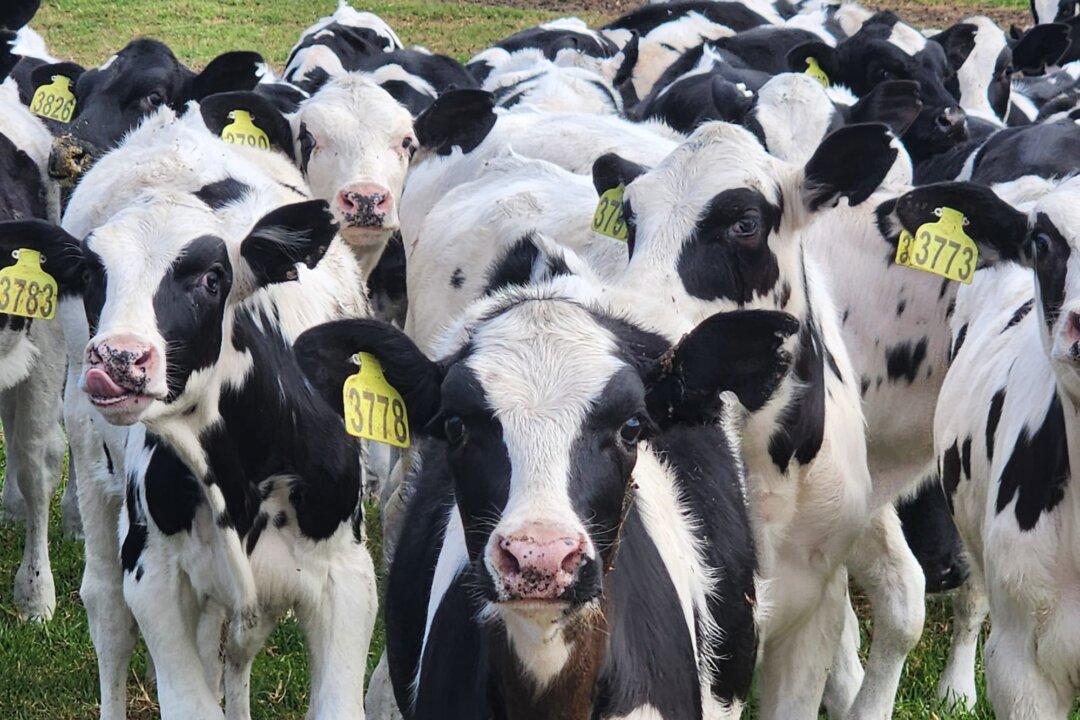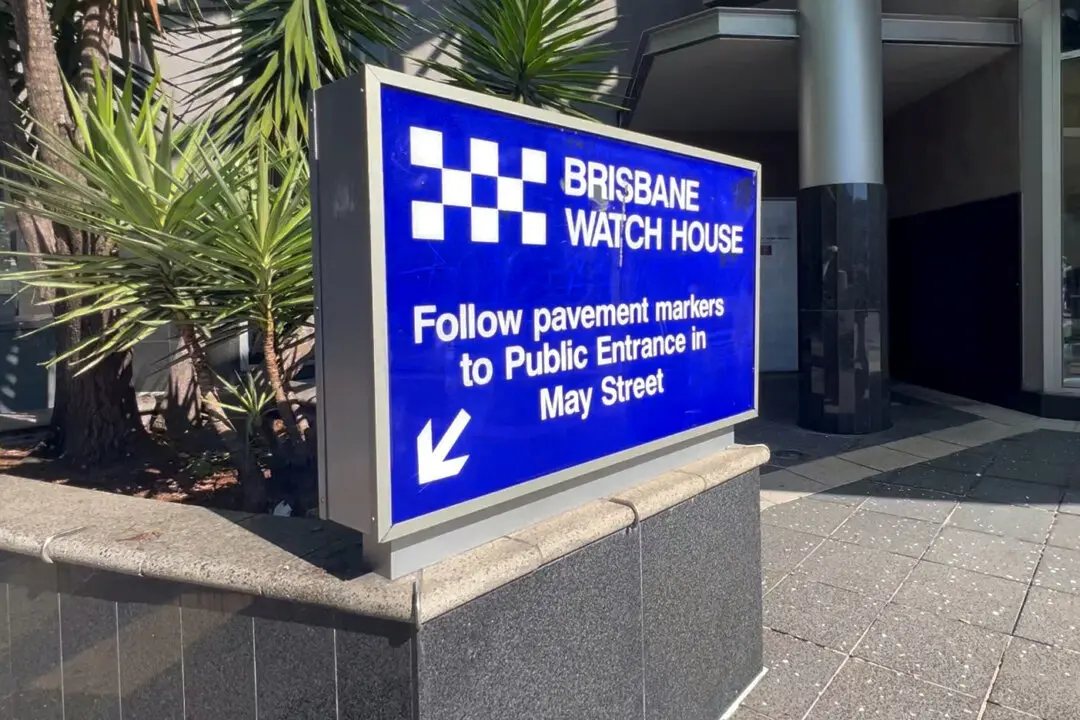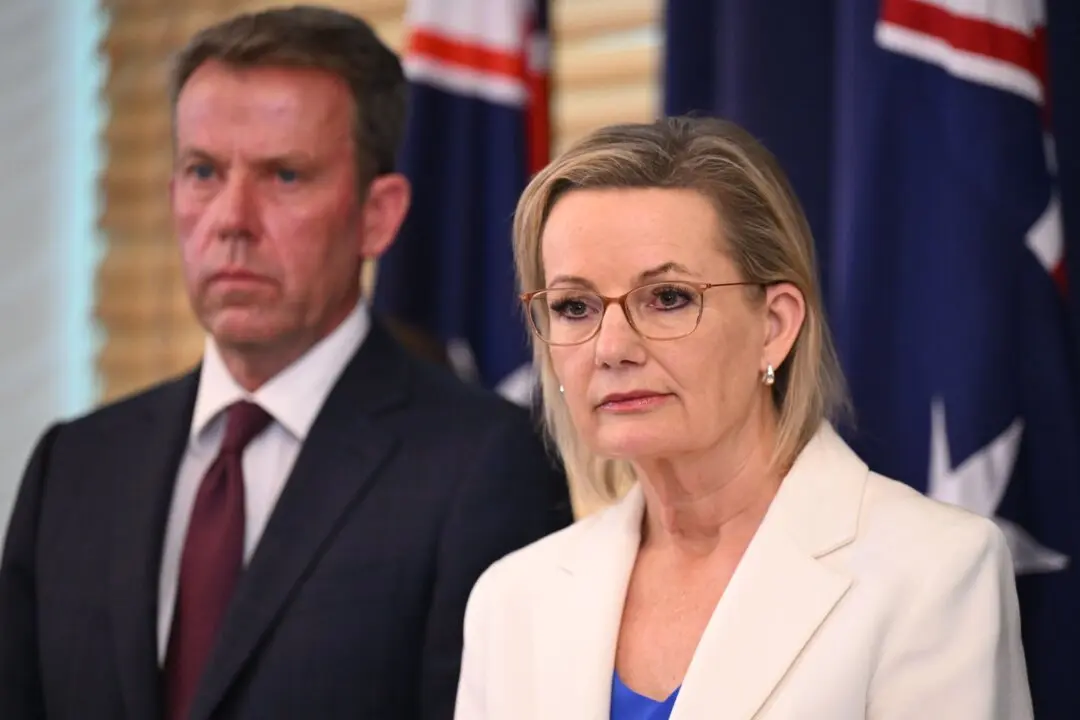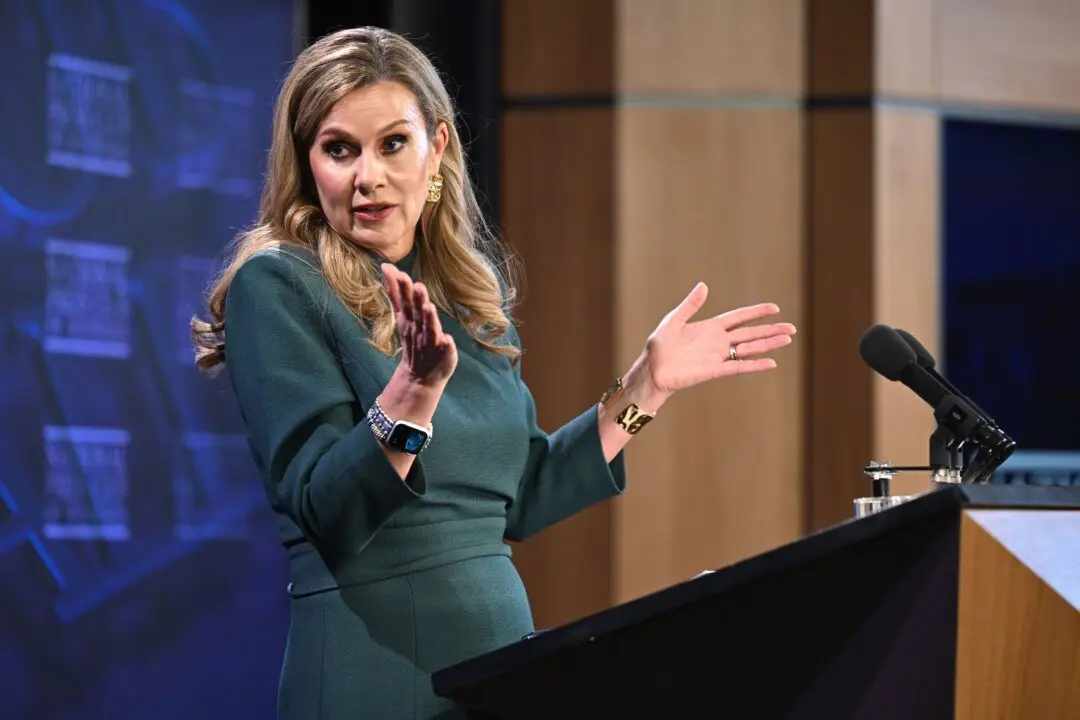Multiple Australian dairy companies have distanced themselves from using the cattle feed additive Bovaer, which claims to decrease cattle methane emissions by 50 percent or more.
Norco Milk, Maleny Dairies, Gippsland Jersey, and Bass River Dairies have joined a growing chorus of businesses stating their cows are not fed the powder after recent backlash online against supermarket giant Coles for using the product.





